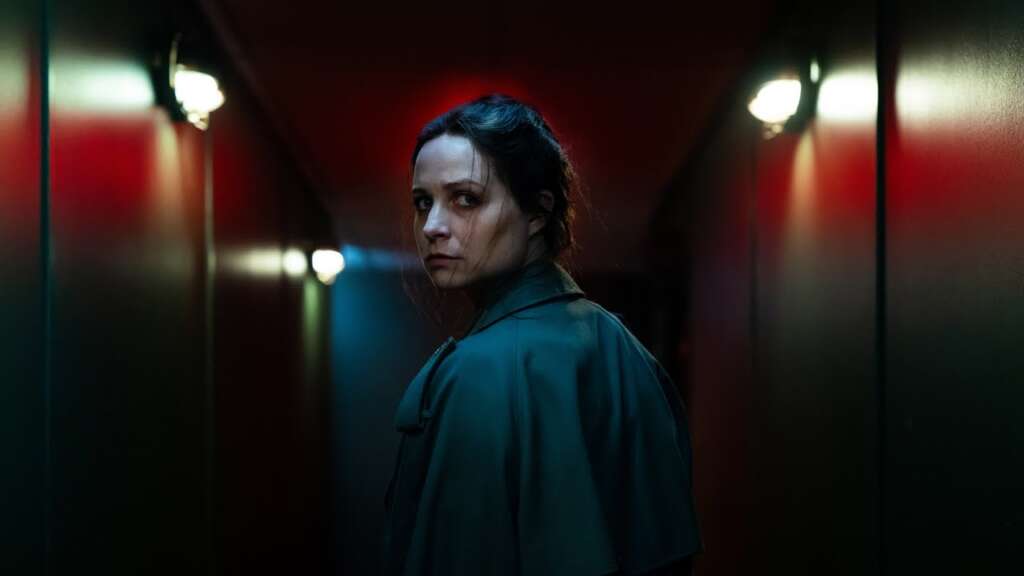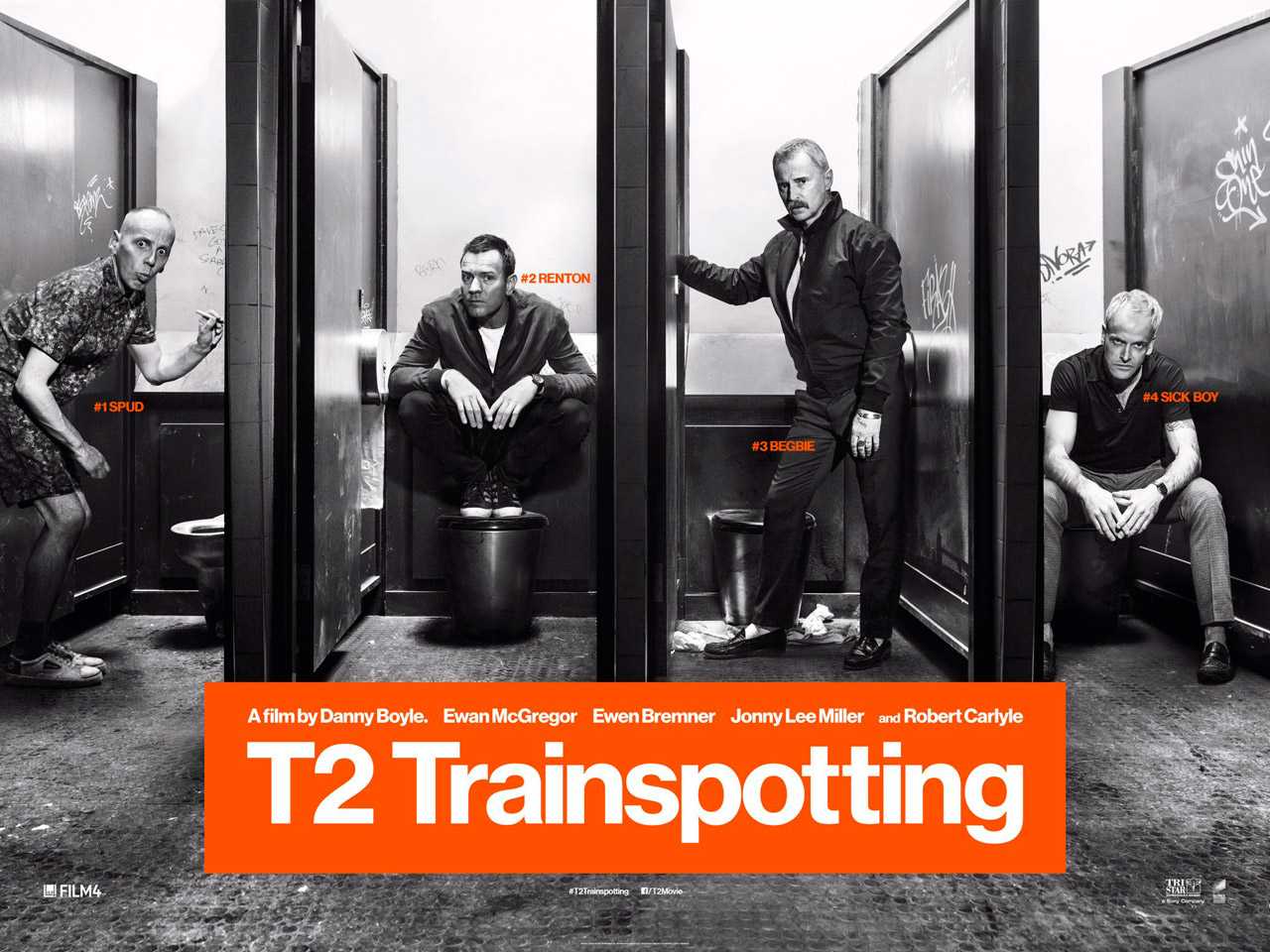Based on ideas developed from 2015 short Nasty, Welsh music video director Prano Bailey-Bond explores the effects of censorship, violence and grief in this bold feature film debut. Premiering initially in Sundance’s Midnight section, the film finally hits UK cinemas later this week.
Censor follows Enid (Niamh Algar) a film censor who’s working amid a panic stricken Britain in the 80s, a country gripped by worry surrounding the effects of ‘video nasties’. Enid examines the violent and often degrading horrors day in, day out – driven by a sense of ‘protecting people’. However, she becomes increasingly disturbed as she’s more and more driven with solving the disappearance of her sister, Nina, which she’s convinced is somehow linked with a series of splatter films.
Bailey-Bond has crafted a captivating descent down the rabbit hole as we observe Enid’s fixation on the possibility that her sister may still be alive, convinced she’s discovered clues in Frederick North’s (Adrian Schiller) films connecting to her disappearance. It’s a fascinating yet disturbing dive into a fragile psyche which has recently been triggered, following years of emotional turmoil with no closure. Enid’s grief and refusal to acknowledge her sister’s fate evolves and manifests throughout, leading to larger psychological issues. The central narrative unravels as an intriguing (and sometimes grisly) mystery, and with an unreliable narrator at the helm – there’s a real sense of ambiguity and unpredictability which compellingly draws you in.
One of the main questions raised is how could you endure watching video nasties all day, particularly after experiencing such a traumatic childhood event, and not be affected? Niamh Algar absolutely embraces the transformative role, evolving from a somewhat meek individual, complete with chained spectacles and buttoned up blouses, to an unravelled individual consumed by trauma and guilt. Certain questions are raised around her motivations, along with what really did happen that night in the woods, yet Algar’s portrayal of Enid still garners real sympathy.
What speaks volume however, is the portrayal of her male counterparts and industry figures. Sordid and creepy film producer Michael Smiley (Doug Smarty) and her bureaucrat boss Fraser (Vincent Franklin) leer and make sexist remarks openly to Enid in the office. What’s worse is they appear to have no concerns about male violence against women, which is so often depicted in these films, while mysterious exploitation director North creates films chillingly like horrifying flashbacks from her childhood. How could these violent acts and deeds be so easily passed by Fraser? And what effects do they have on violence in the community?
With clips and archive footage of Tory Margaret Thatcher declaring war on the scourge of video nasties ever looming, eaten up by the frenzy of the press and religious groups, this is unmistakably the era of video tape rentals. Cinematographer Annika Summerson replicates the fuzzy texture of the tapes, splicing in bloody and violent clips – immersing you in Enid’s world. There’s a definite slow-burn feel, with Bailey-Bond building atmospheric tension and suspense to the crescendo of the third act. Featuring claustrophobic closeups, moody woodlands and switches between aspect ratios, Summerson crafts a disorientating and trippy descent.
Verdict
Featuring a captivatingly dark descent into memory and grief, Bailey-Bond has crafted one of the best horror flicks of the year, continuing this year’s excellent run of original British horrors.




